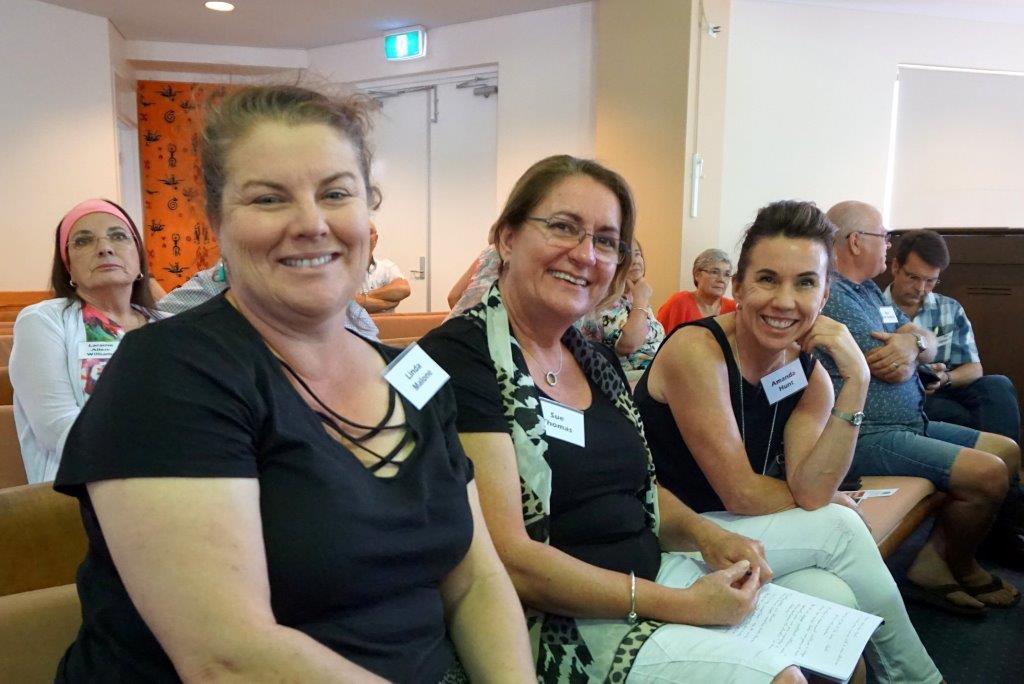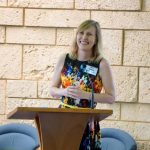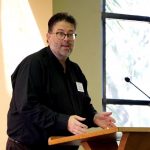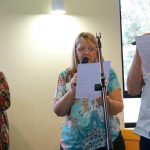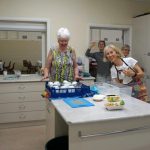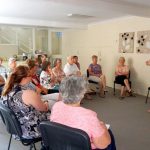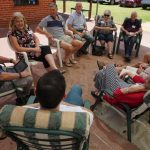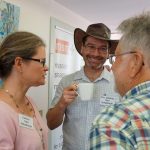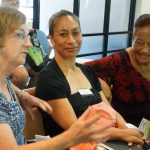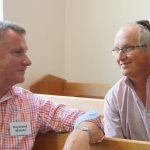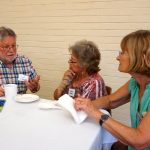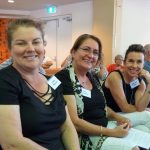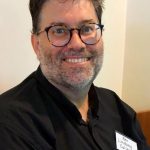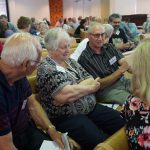What do cheerleaders, waterholes, and evaporative air-conditioners have in common? They could be models of being Church in the 21st century!
To explore how the church could change and still be faithful in a different world, Rev Lindsay Cullen, Uniting Church National Consultant, suggested that Christians would need to “think different” and “act different.” Speaking at this year’s Summer Spirit, Lindsay presented several ways of seeing the world, others, and the task of being Christian at a time when the church as we know it is collapsing and the world around is mystified about Christianity.
“We could be God’s cheerleaders, looking for where God is working in the world and calling others to join in,” suggested Lindsay.
Instead of thinking of mission as something the church does, Christians could revisit the idea of missio dei, or God’s mission. Rather than seeing the world as a threatening place, we could view it as a place where God is in action.
“Look at the bigger picture,” he said.
From this perspective, others are not seen as targets of conversion, but as those who might already be working alongside God and as having insights that we need to hear.
Underlying some mission strategies is the concept of who’s in and who’s out. Those engaged this way change the music, upgrade technology, provide more parking spaces and other attractions. Once people are in, the boundaries are patrolled so that they won’t leave.
Instead of this, Lindsay pointed out that we could practice “incarnational mission,” by being signs of God within society, and by going where the people are and there live the good news.
“What might mission be if we followed the way of Christ who came and lived and dwelt among the people and preached not at always in synagogues but at table in the pubs or one-on-one?”
He held up the waterhole as a model of being church, where the water (or Christ at the centre) attracts others who come and go as they please and interact with each other. As with the evaporative air-conditioning model, Christians could open up the windows and doors to let the outside air in. This would mean that our hospitality goes beyond welcoming others and includes the work of “enabling others to be hospitable to us,” Lindsay said, challenging participants with “can we therefore ask those who rent our rooms help us make decisions?”
Citing the results of the McCrindle survey on Faith and Belief in Australia, Lindsay pointed out that close to one in three persons in Australia did not identify with any religion or spiritual belief. Of the non-Christians, 77 percent said they were not interested in exploring religion. Nevertheless, more than half of Australians (55 percent) often or occasionally talk about religion or spirituality with friends, with Generation Z (65 percent) the most comfortable talking about the topic.
“But is the church a good talking partner?” Linsday asked.
Using the children’s book Grasshopper on the Road by Arnold Lobel, Lindsay encouraged Christians to focus on the journey and not just the direction.
“Rather than fearing the loss of the little ground we have, we could trust in God’s abundance.”
In her opening remarks, Rev Emma Matthews, recognised that change is stressful, but that it brings into sharp focus, what is important. Emma, a newly appointed Presbytery Minister for Formation and Discipleship in the Uniting Church WA, called on participants “to crush the ANTS (Automatic Negative Thoughts) knowing that God has a plan for the church and that God’s spirit is with us. We need to think like Jesus who was focused and committed to God’s call on his life.”
Summer Spirit was held on Saturday 17 February at All Saints Floreat Uniting Church. During the day, local ministry leaders shared samples of congregational mission. Regional groups also gathered to further explore the Synod strategic plan for 2018-2021.
Sophia Lizares
